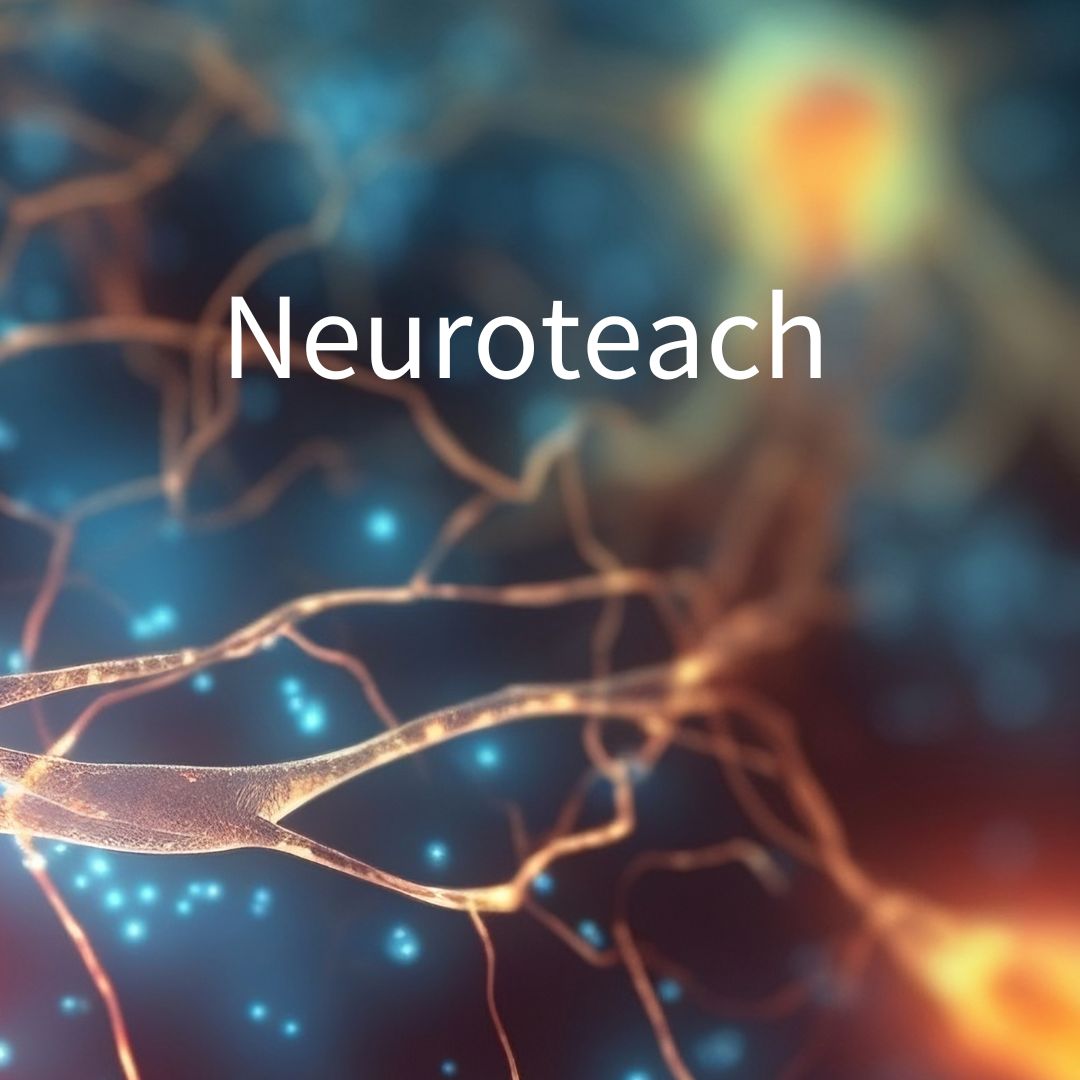Unveiling the Future of Education: A Dive into “Neuroteach” by Glenn Whitman and Ian Kelleher
Jan 31, 2024

By Gerilyn Semro, MS - LD, MS - ASD, MA
ELAssociate Member | Orton-Gillingham Academy
Associate Principal, Horizon Academy
In the ever-evolving landscape of education, the intersection of neuroscience and teaching methodologies has paved the way for groundbreaking insights and approaches. "Neuroteach: Brain Science and the Future of Education," authored by Glenn Whitman and Ian Kelleher, serves as a guiding beacon into the realms where cognitive science meets the classroom. This blog explores the key themes and takeaways from this illuminating book, shedding light on the potential transformation of education.
“Neuroteach” is particularly relevant for Horizon Academy students, children with language-based learning disabilities. Individuals with language-based learning disabilities, such as dyslexia and specific language impairment, face challenges in acquiring and using language effectively. Neuroteach leverages insights from neuroscience to inform instructional practices tailored to the unique needs of students with these disabilities. For example, it emphasizes the importance of explicit and systematic instruction in phonics, decoding, and vocabulary building. Additionally, "Neuroteach" encourages the use of multisensory techniques, providing diverse pathways for information processing. By integrating "Neuroteach" principles, educators can create supportive learning environments that help students with language-based learning disabilities develop essential language skills and achieve academic success.
Neuroplasticity and Learning:
- The book emphasizes the concept of neuroplasticity—the brain's ability to reorganize itself based on experiences. Understanding how students' brains adapt and change offers educators insights into designing teaching methods that align with the brain's natural processes, fostering more effective learning.
Metacognition and Self-Regulated Learning:
- Whitman and Kelleher advocate for cultivating metacognitive skills in students. By encouraging self-awareness about one's own learning processes, students can become more adept at regulating their learning strategies. The book provides practical approaches for educators to nurture metacognition in the classroom.
The Role of Emotions in Learning:
- Recognizing the profound impact of emotions on learning, the authors discuss how positive and negative emotions can shape cognitive processes. Strategies for creating a positive emotional environment in the classroom are explored, aiming to enhance students' engagement and overall well-being.
Feedback and Assessment Strategies:
- Effective feedback is a cornerstone of successful teaching. "Neuroteach" delves into research-backed methods for providing constructive feedback that aligns with the brain's receptivity to information. The authors also explore innovative assessment strategies that promote deeper understanding and retention of knowledge.
Cognitive Load Theory:
- The book introduces the concept of cognitive load theory, which examines the mental effort required for learning. By understanding the limitations of cognitive load, educators can optimize instructional design, ensuring that students can absorb and retain information more effectively.
"Neuroteach" not only provides valuable insights for current educators but also lays the groundwork for shaping the future of education. The integration of neuroscience into teaching methodologies has the potential to revolutionize how we approach learning, creating a more student-centered and adaptive educational landscape.
